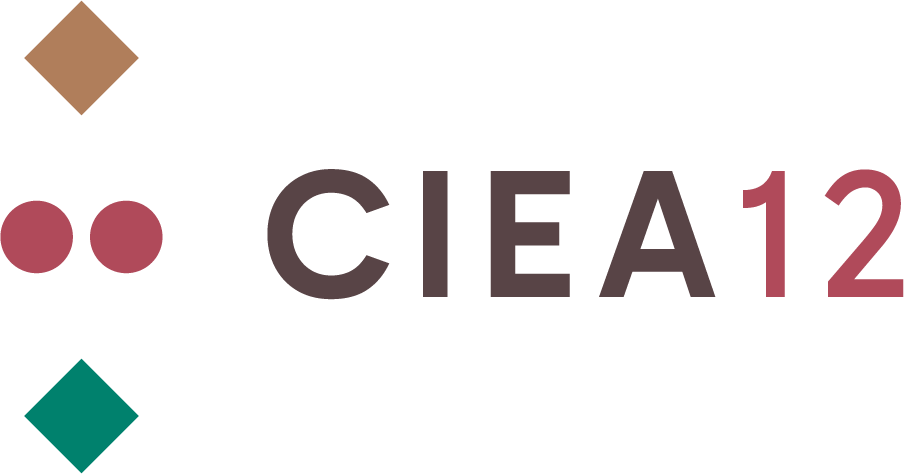Twenty years of civil-war in Angola left the country in ruins, with millions dislocated and hundreds of thousands deceased. After the war, and with UNITA disoriented and disorganised, the MPLA spread its influence to the entirety of the country, something it had never been able to do since independence in 1975. Those twenty years of war allowed the MPLA to initiate processes of state-building that were more defining of the character of the state than any other processes initiated immediately after independence. And as agreed by virtually all researchers who research Angola, in doing so it constituted an autocratic regime leaning upon the country’s natural resources to fund a powerful security and defence apparatus. This move allowed its elites to capture what essentially became a rentier-state while excluding the overwhelmingly majority of citizens from its profits. But while research on the MPLA government’s selective management of citizenship rights is not new, there has been little research on the ideas of its political opposition – UNITA – to solve Angola’s citizenship woes. This communication reads UNITA’s solutions to solve the issues affecting the quality of citizenship in Angola by analysing the electoral programs for the 2017 and 2022 elections. The paper reflects upon the critical question of whether a change in regime – in favour of UNITA – would shift the contextual and quotidian difficulties of Angolan citizens. It firstly identifies the main concerns regarding access to citizenship rights in order to analyse UNITA’s policy solutions to ascertain whether regime change is the key to solve the social, political and economic problems that have so far impeded the development of democratic forms of citizenship.

The politics of opposition and Angola’s citizenship woes
Vasco Martins


